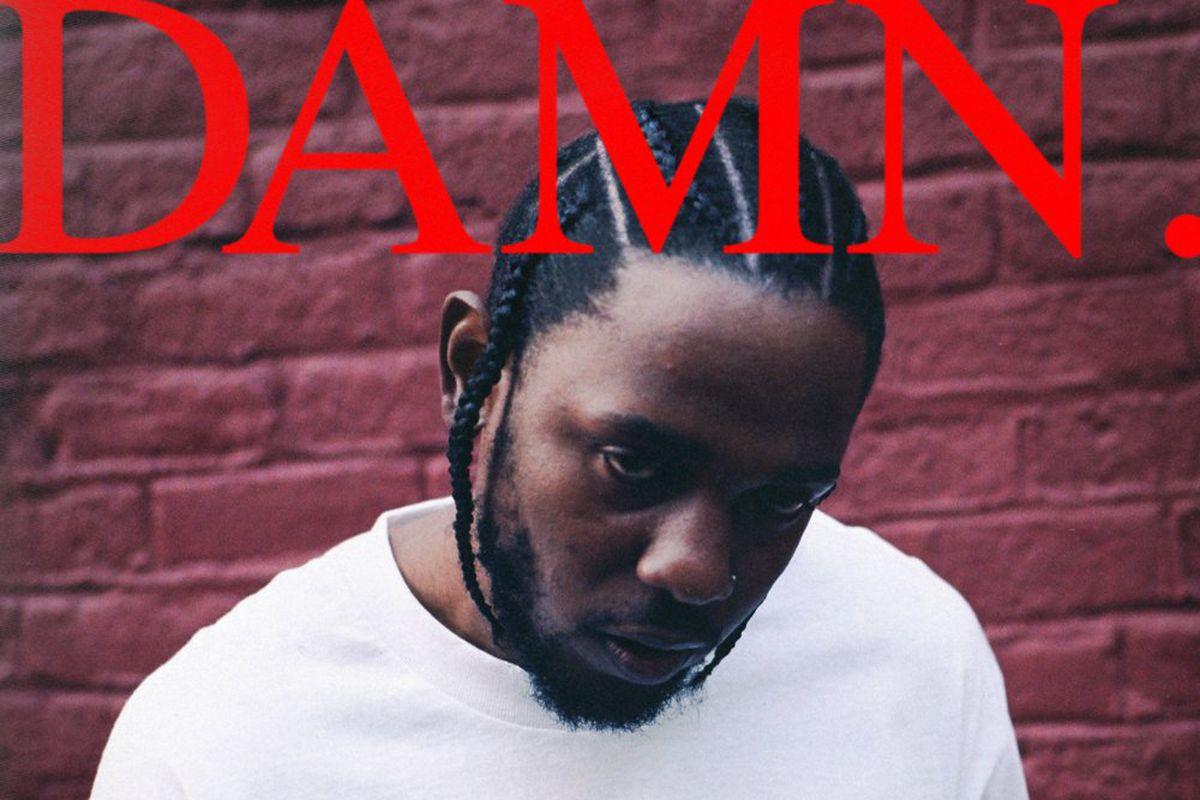On April 16, Pulitzer Administrator Dana Canedy announced American rapper and songwriter Kendrick Lamar as the 2018 recipient for the Pulitzer Prize in music for his 2017 album “DAMN.” This achievement marks an unprecedented recognition of music outside of classical and jazz genres, which have traditionally won the award since the Pulitzer’s establishment in 1917. This choice, as well as the fact that “DAMN.” has already been recognized commercially, has made some believe that “DAMN.” should not have won. However, the decision was justified because the award should go to whoever produces the best musical work—which Lamar did.
The decision was made by one of 20 separate juries that convene to select recipients in 21 different categories, such as journalism, music and literature. Generally, each jury consists of five members. The jury that selected the music award recipient for 2018 consisted of violinist Regina Carter, music critic David Hajdu, Metropolitan Opera Dramaturg Paul Cremo, Columbia University English and African-American Studies Professor Farah Jasmine Griffin and composer David Lang.
Explaining the jury’s decision, Carter said in an interview with The Atlantic, “I felt that [“DAMN.”] was his experience as a Black man in America –– and a lot of people’s [stories], not just his story –– and just trying to figure stuff out. It was so poetic. I felt like if you took his lyrics and put them in a book, it would be great literature.”
According to Carter, the jurors chose from a diverse selection of submissions that range from country and western to pop and more. They came to a decision over the course of three days, listening to each submission and gradually narrowing them down to a winner. The fact that Lamar’s album was in the genre of hip-hop may have been a factor in the decision. The board may not have wanted to exclude genres outside of classical and jazz, though no Pulitzer spokespeople has spoken on that idea.
The jury’s choice was especially unexpected given that “DAMN.” had already been praised. It was a Grammy nominee for Album of the Year and Best Rap Album, and it was also the Billboard Year-End number one album for 2017. The fact that “DAMN.” has received commercialized fame was one concern that was brought up by numerous journalists in regards to Lamar.
“One concern I’ve heard since the award, including from people who loved the decision, is that the Pulitzer helps to bring attention to classical and jazz works that would not otherwise be commercially successful,” wrote David Graham of The Atlantic.
Graham does bring up a valid point, seeing as Nielsen, a global measurement and data analytics company, said that hip-hop/R&B was the most popular genre in the United States in 2017. Nielsen also found that “DAMN.” was in the second spot for the top 10 albums of 2017. Since the album was undeniably commercially well-received, Graham and some other journalists wondered if it would have made more sense to recognize classical or jazz works that have not received such recognition.
However, just because an album has received commercial recognition does not mean that it should not be considered for a Pulitzer. Regardless of an album’s popularity, the quality of the music is what the Pulitzer Prize is meant to judge. Therefore, ideas like Graham’s are short-sighted. The point of the Pulitzer is not to ensure that all genres of music are recognized; it is to honor “distinguished musical composition” that is of extremely high quality.
The jurors’ decision was certainly based on the quality of the music, and their decision to award Lamar with the album was a wonderful choice. The varying tempos, featuring artists and stories in “DAMN.” makes it an eclectic masterpiece. For instance, “Love” featuring Zacari is much slower and softer than the tempo and content in “Humble.” Moreover, the fact that the album conveys such powerful artistic stories through its lyrics makes it even more potent.
As the Pulitzer board said, “DAMN.” captures “the complexity of modern African-American life,” a life that is powerfully captured in the universally-loved medium of music. As racism and police brutality run rampant through the U.S. , it is crucial to highlight music that counters it. The Pulitzer jurors acted against the norm this year, but they did so rightfully.










